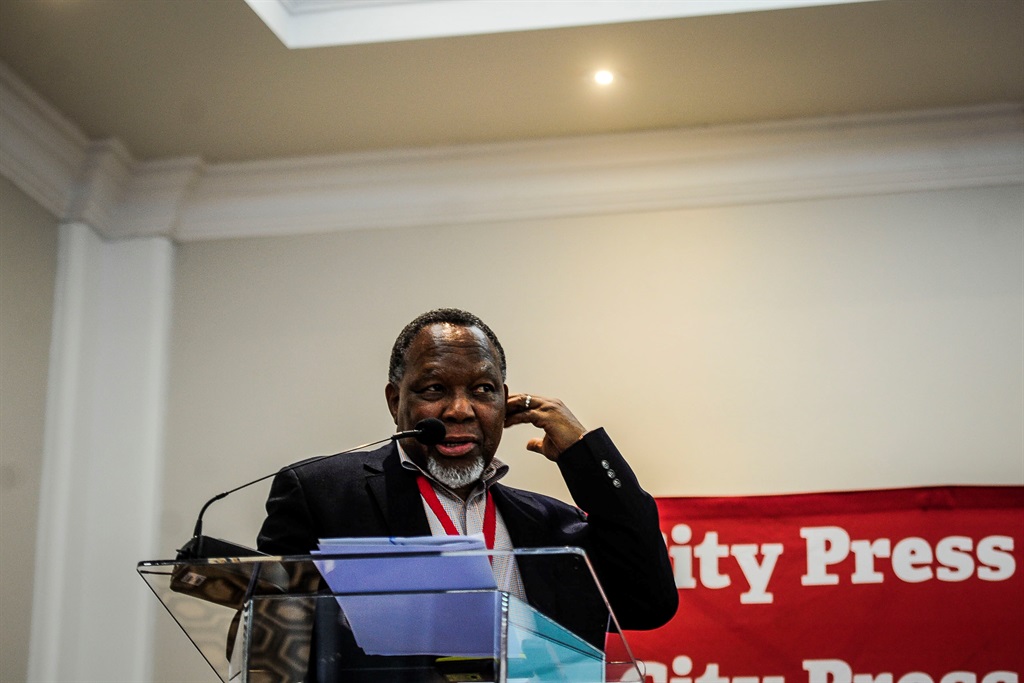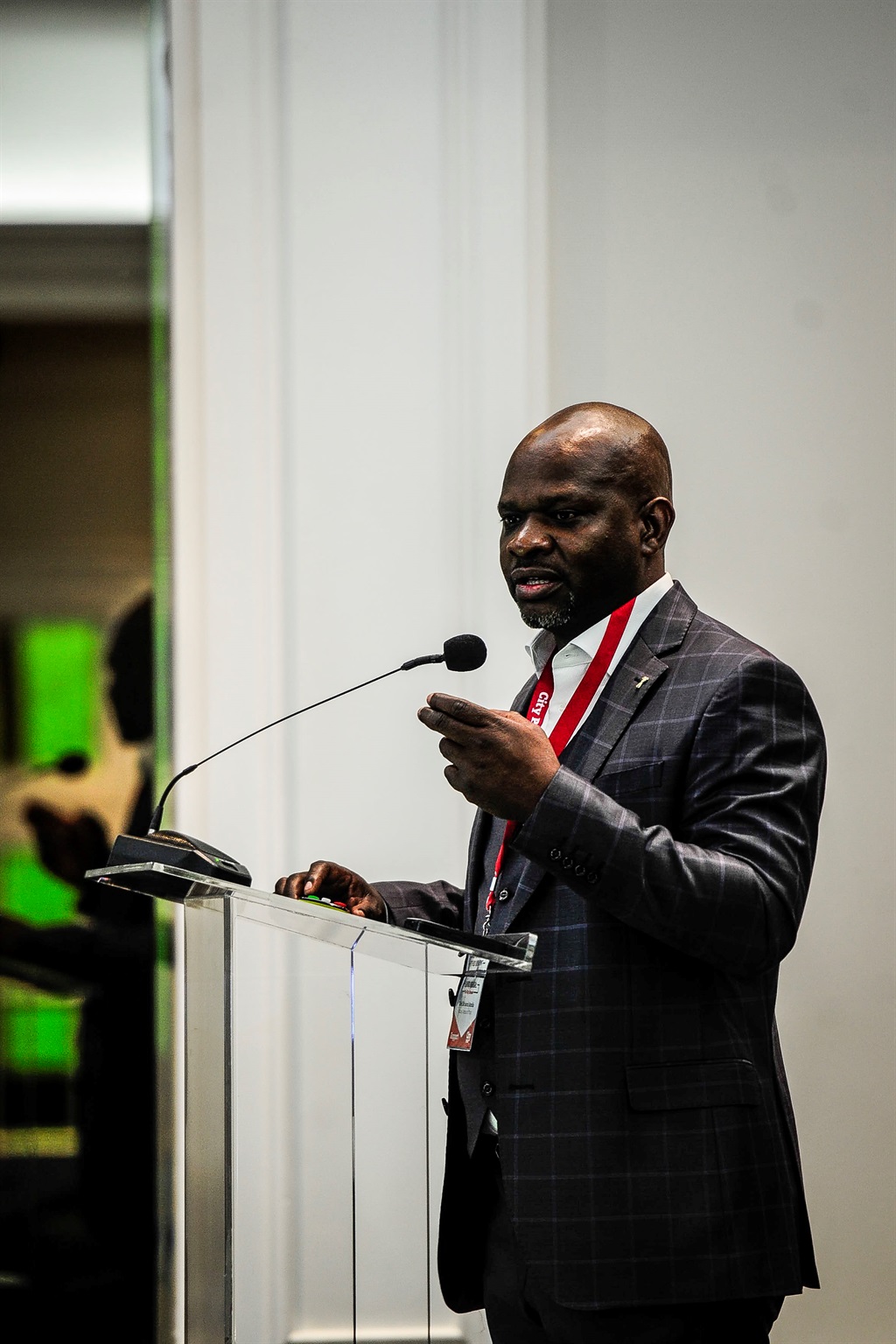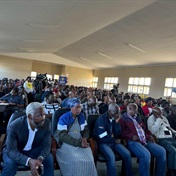
Former president Kgalema Motlanthe says that the Constitution does make provision for land expropriation without compensation and that its implementation has merely been “slow”.
Speaking at the joint City Press and Rapport Land Indaba on Wednesday, Motlanthe said this in reference to the findings of the high level panel report on land reform and said that the effect given to Constitutional land rights had been slow moving.
Quoting from the report, Motlanthe said that “the constitution provides for three rights to land: equitable access to land, tenure security and restitution”. The progressive realisation of these rights has been profoundly slow. The recommendations of the report are simple and straightforward. They hold that the land must be given to the people,” he said.
“What is needed is collective responsibility in order to make land reform work after the slow progress that has been made. The ills of the past are being reproduced in post-apartheid society despite extensive legislative reform. Implementation is critical,” he said.
Focusing particularly on tenure, Motlanthe said that urban land was the greatest demand and that people that lived in urban areas lacked security of tenure, ultimately being unable to use their properties as collateral. He said that the solution to this was to give them title deeds which would enable them to access assets.
“The release of well situated urban land is critical as the demand for land lies in [those] areas because of the economic opportunities,” he said.
In his brief speech, the former president placed emphasis on the need for the land discussion to be and inclusive and collective one.
He said that land reform had been made to seem complex when in fact the opposite rang true.
“The term ‘land’ is loaded with more than the matter of terrain and a place to call home … We are all ultimately responsible for taking South Africa out of despair and until the land question is addressed we will be unable to see through the vision of our country. The sense of belonging and a unified identity is tied up to and affects our reconciliation,” he said.
Another voice that added to the discussion was that of a traditional leader, Chief Livhuwani Matsila, who shed some light on the struggles faced by communal land farmers and how he helped develop farming in rural Venda.
He said that one of the main issues that rural farmers had was that of title deeds. He said that the government infringes on their rights by not issuing title deeds to people in rural areas, adding that they should be given an option to hold title deeds instead of how things are going.
“Farmers should have title deeds but they must be conditional, like on a use it or lose it principle. Why do people in urban areas have title deeds and not people in rural areas? Title deeds should be given to people living on residential land in communal areas or land administered by traditional leaders,” he said.
Speaking on how he managed to make land sustainable back in Limpopo, Matsila said that it took a collective effort with people in the community that were focused on eradicating poverty rather than “being focused on generating profits”.
“Our mission is not to generate lots of income that sits in banks, we want to fight poverty and give people jobs. Does a person have a house, are they not going hungry … those are the things we care about,” he said.
He ended off by highlighting a few challenges faced by some communal farmers, saying that a big issue was the ineffective management of land and pollution.
“Some people don’t take proper care of the land. You look around and there are many dump sites, people are polluting the water upstream and then the people downstream want to drink that same water and are now suffering from diseases you’ve never heard of because of things like pollution. The government wants to make farmers of everyone, but not all people are farmers,” he said.




 Publications
Publications
 Partners
Partners









